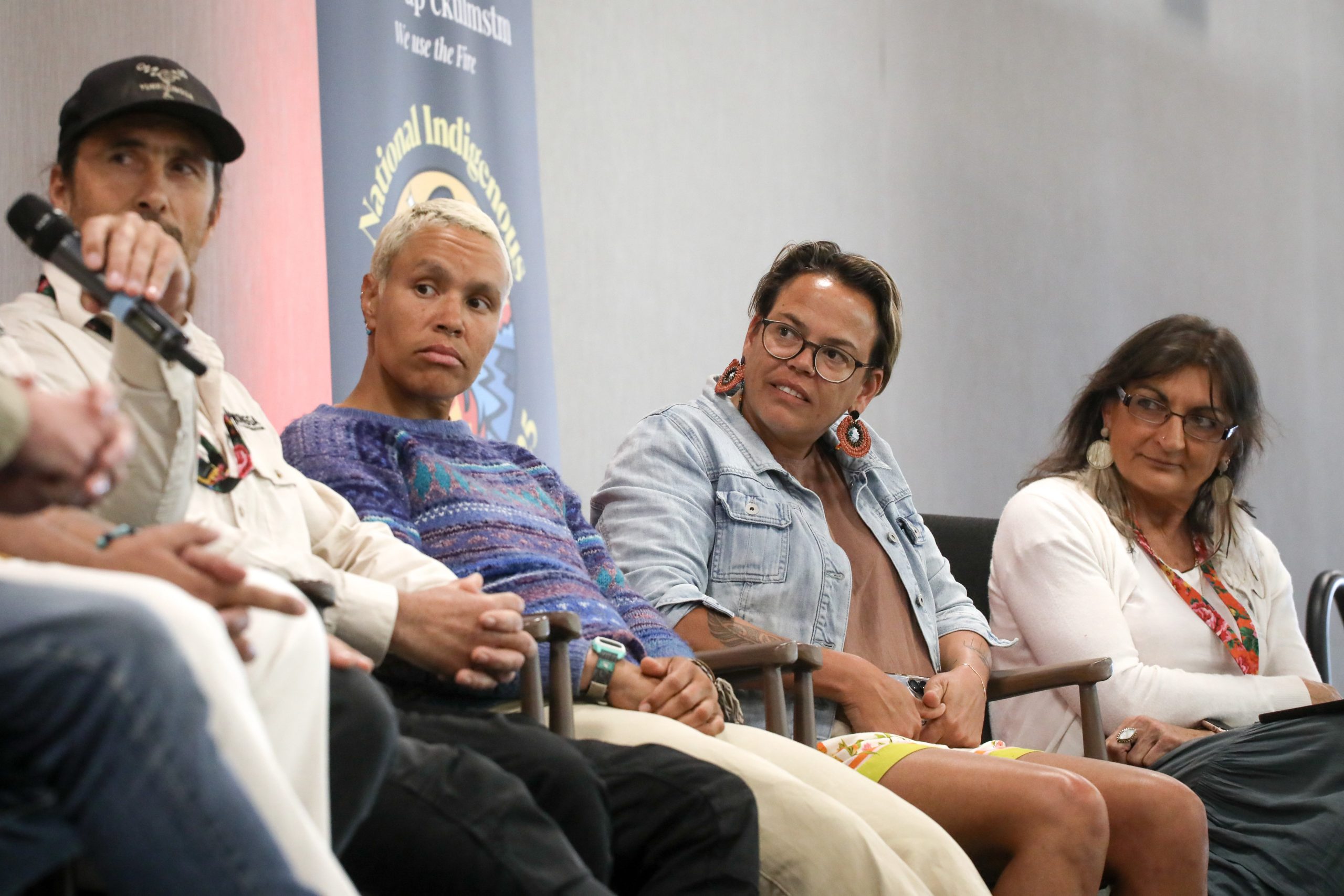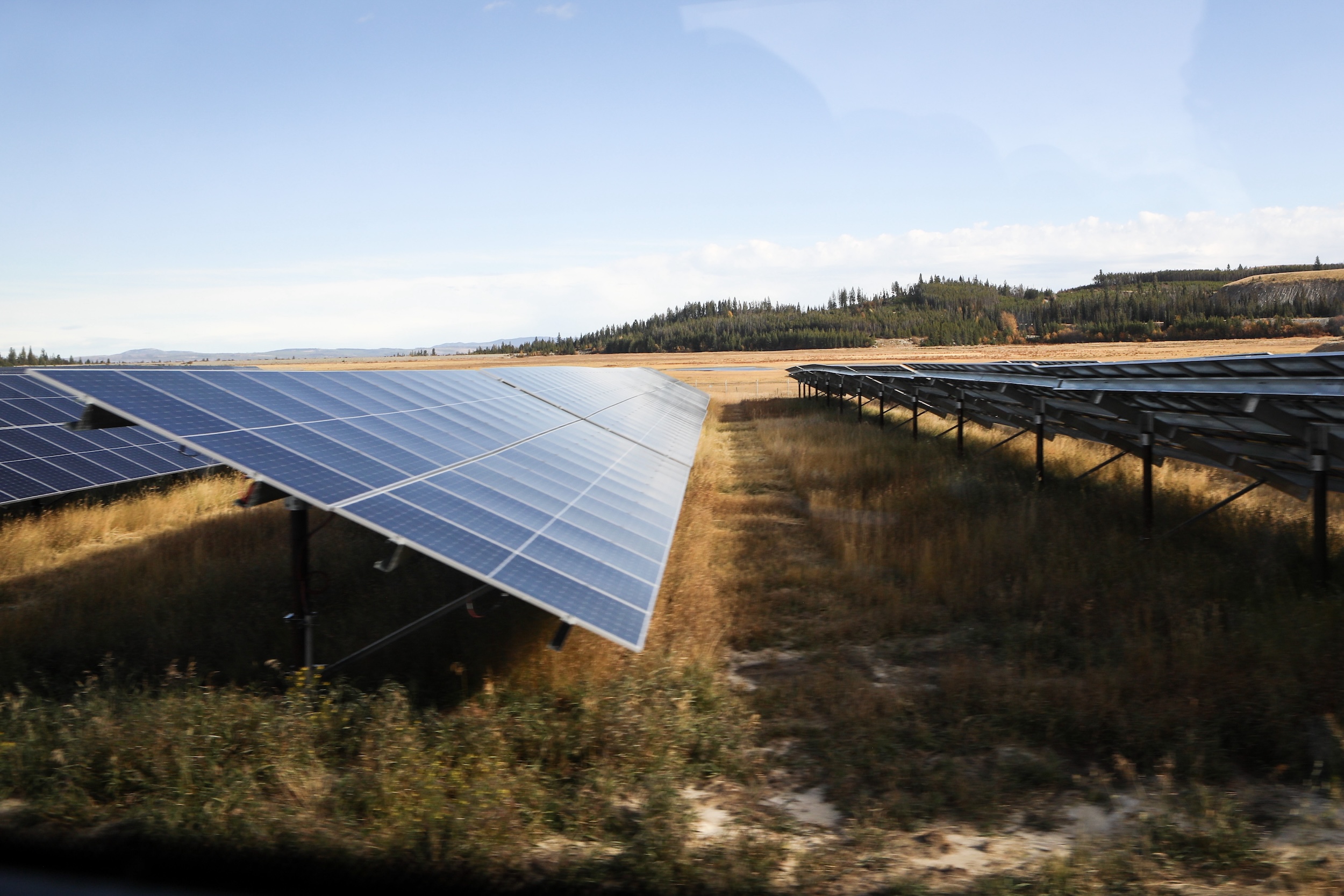xʷməθkʷəy̓əm erases Trutch from street name, but won’t forget his racist legacy
The community revealed the title šxʷməθkʷəy̓əmasəm, or Musqueamview Street, in a renaming ceremony on the National Day for Truth and Reconciliation


xʷməθkʷəy̓əm Musqueam Indian Band has revealed a new name for a street in their homelands which was formerly titled after an English colonizer remembered for his anti-Indigenous policies and racist views.
During a renaming ceremony on the National Day for Truth and Reconciliation, the name of Trutch Street was replaced with šxʷməθkʷəy̓əmasəm — a hən̓q̓əmin̓əm̓ title known as Musqueamview Street in English.
xʷməθkʷəy̓əm gifted the new name to “Vancouver” after a unanimous vote by city councillors in July to replace the name because of the racist legacy of late former “British Columbia” lieutenant governor Joseph Trutch.

The ceremony at the Musqueam Community Centre on Friday was hosted by sʔəyəɬəq Larry Grant — the manager for xʷməθkʷəy̓əm’s language and culture department and Elder at the University of British Columbia.
He spoke to a large crowd of people from xʷməθkʷəy̓əm and others in attendance about the city and province’s roles in colonization and the oppression of Indigenous people.
He said Trutch was responsible for decreasing the size of xʷməθkʷəy̓əm’s land base — the entire city of “Vancouver” is located on xʷməθkʷəy̓əm lands as well as Sḵwx̱wú7mesh and səlilwətaɬ.
Various historical accounts detail how Trutch held cruel, racist views — extreme even in comparison even to those of his fellow colonizers — and believed white settlers were superior and entitled to Indigenous land.
“Trutch arrived in B.C. in 1859, and in the 1860s became B.C.’s Chief Commissioner of Land and Works,” a statement from xʷməθkʷəy̓əm explains.
“He was openly hostile to First Nations, denied the existence of Aboriginal rights, and did not recognize previously established Indian Reserves, which resulted in reserves shrinking throughout the province.”
Undoubtedly, the land policies enacted by Trutch continue to have their effect on Indigenous communities across the province today. The ties between the erasure of Indigenous lands, the theft of Indigenous children from their families and the loss of culture are all inextricably linked.
šxʷməθkʷəy̓əmasəm, or Musqueamview Street, is located in the “Kitsilano” area, which xʷməθkʷəy̓əm notes is home to many significant sites for the community including sən̓aʔqʷ, ʔəy̓alməxʷ, sk̓ʷəyəw̓s, and t̕ᶿəmt̕ᶿaməls.
Since the renaming event was held on the National Day for Truth and Reconciliation, also known as Orange Shirt Day, Grant acknowledged he atrocities Indigenous children went through at residential “schools” — and reminded guests that “B.C.” has also had a role in the Chinese head tax, Japanese internment camps and Komagata Maru.
Grant said the “issues leading up to Truth and Reconciliation is something we all have to carry in our hearts.” He also said: “we all have to come together.”

It is customary in xʷməθkʷəy̓əm culture to invite witnesses to a ceremony — and the responsibility of a witness is to observe and share the events for future generations. Four witnesses were invited to the renaming ceremony, which included xʷməθkʷəy̓əm witnesses təlnaq̓ə Alec Guerin and mən̓eʔɬ Johnny Louis.
The City of “Vancouver” witnesses were Mayor Kennedy Stewart and City Manager Paul Mochrie, who acknowledged their role as part of a colonial system and vowed to do more.
“Erasing the name is to erase the history,” said Guerin.
“It’s important to rename [Trutch Street] in our language with our history, but to remember why it was named Trutch and why we renamed it today.”
Chief yəχʷyaχʷələq Wayne Sparrow echoed this sentiment.
“We must not forget the history of denying Indigenous rights and the work put in by our ancestors to ensure our rights were recognized,” he said in a statement.

mən̓eʔɬ Johnny Louis, a survivor of residential “school,” was the second witness called to share his remarks. He shared some of the detrimental effects that colonial assimilation policies have had on his life.
He also spoke about how his community and his relationship with Chief Sparrow helped him through tough times.
Louis now works with children and youth in the community sharing xʷməθkʷəy̓əm canoe culture.
“We’re strong, we’re still here today, we continue to fight today,” said Louis.
Author
Latest Stories
-
‘Bring her home’: How Buffalo Woman was identified as Ashlee Shingoose
The Anishininew mother as been missing since 2022 — now, her family is one step closer to bringing her home as the Province of Manitoba vows to search for her
-
‘We have a way to save communities’: Cultural fire keepers share knowledge across colonial borders
First Nations experts attend first National Indigenous Fire Gathering in syilx homelands, joining counterparts from ‘Canada,’ ‘Australia’ and ‘U.S.’
-
‘This is the vision’: Inside Nlaka’pamux Nation’s quest to build ‘B.C.’s’ first major solar project
As the province fast-tracks development, the Southern Interior tribal council has lessons to share on how to build for the future













